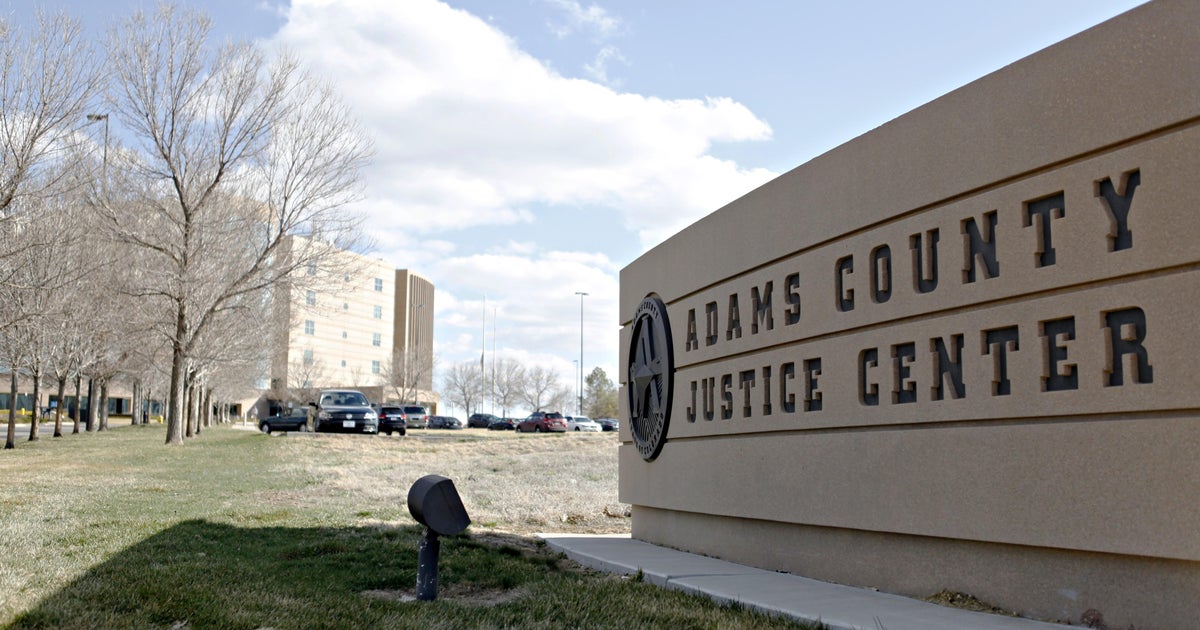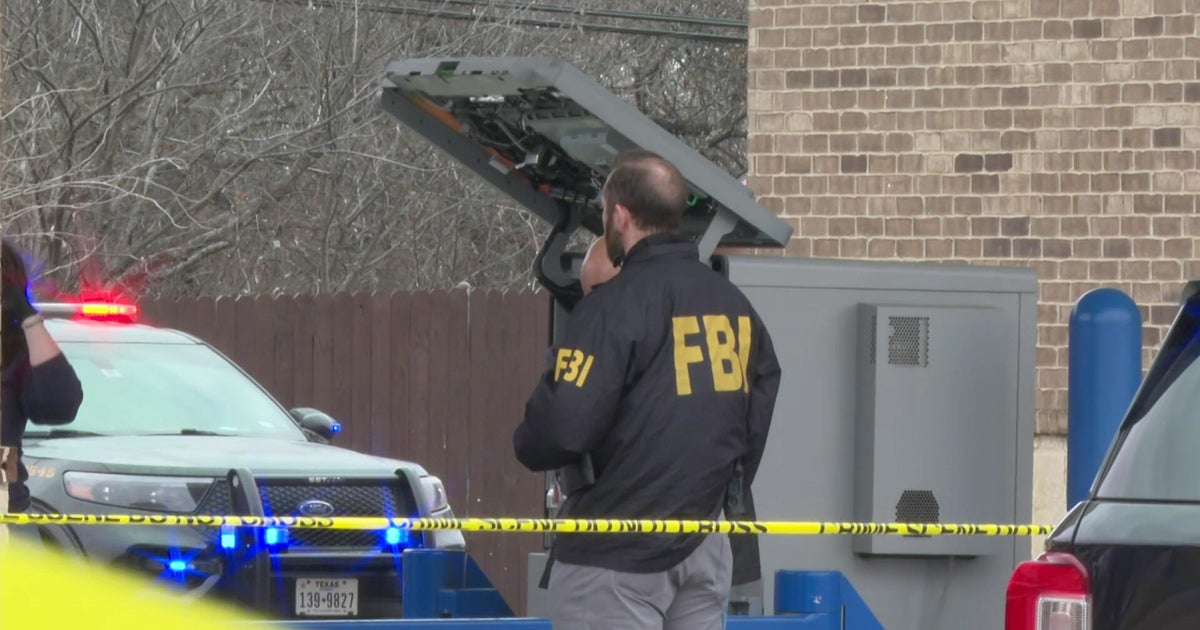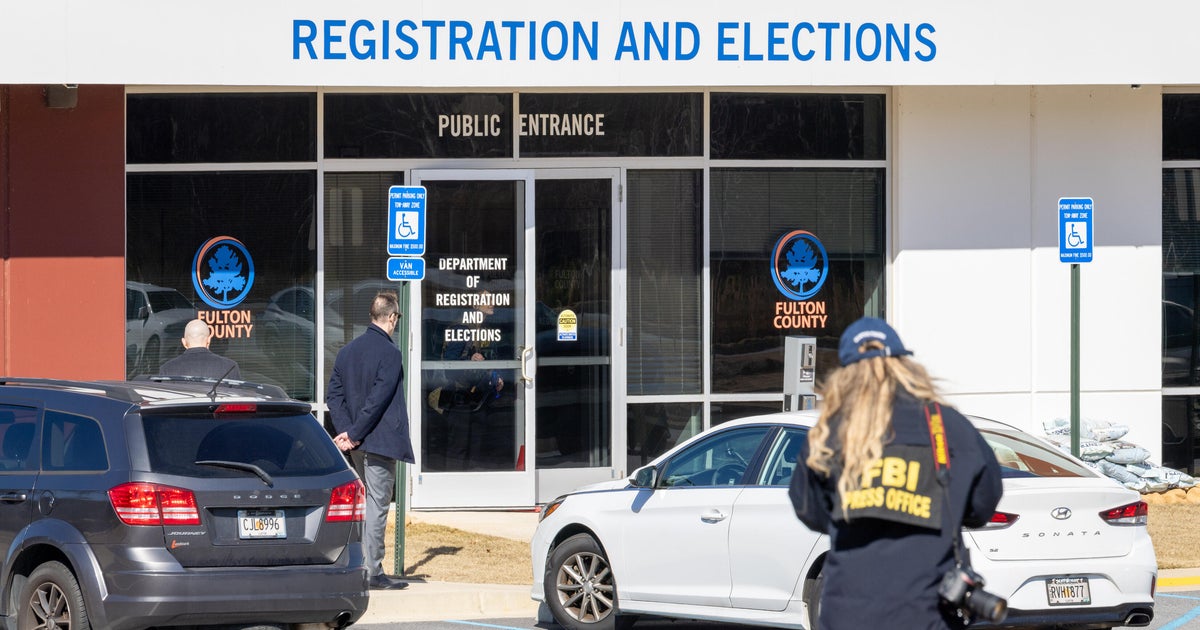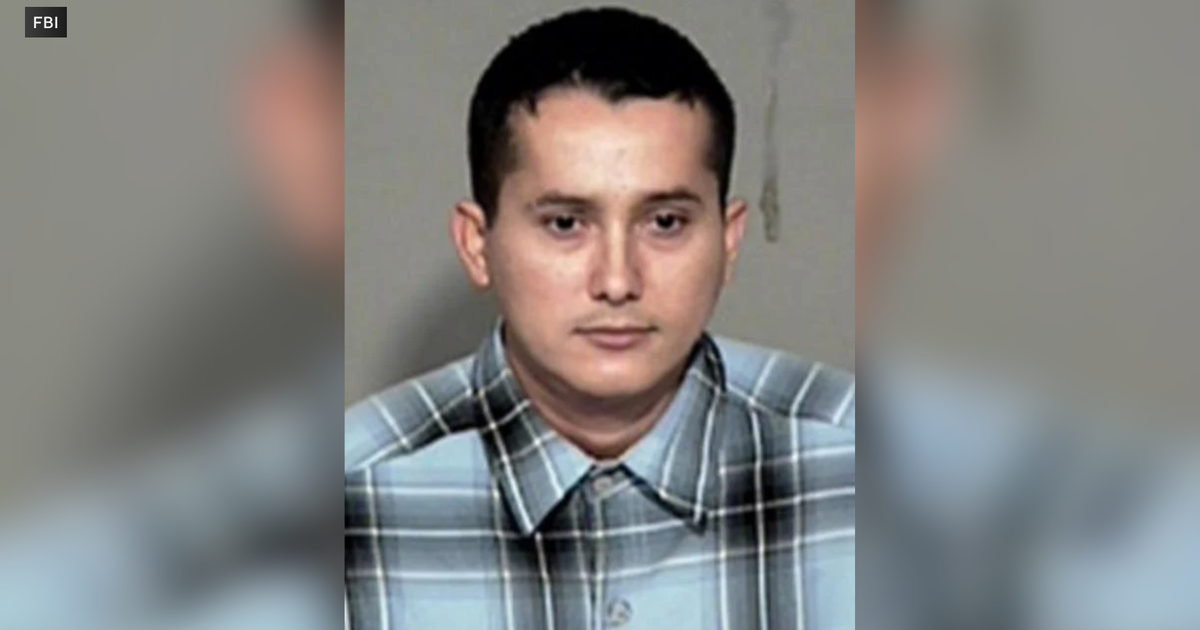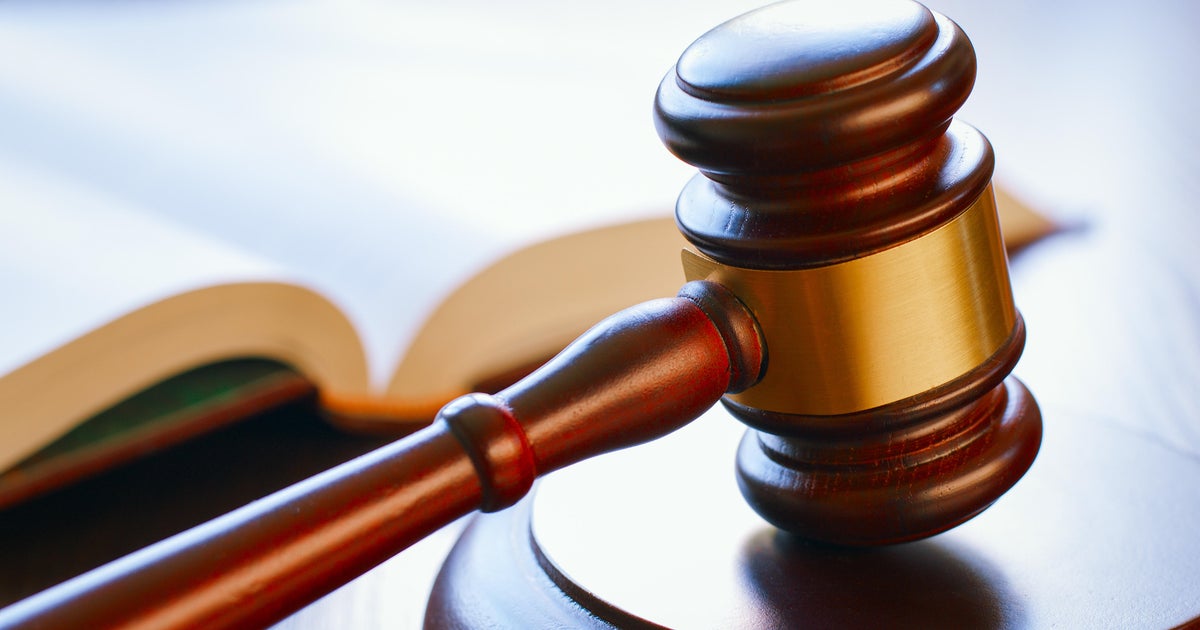Hate Crimes Are Up And Colorado Lawmakers Are Cracking Down
DENVER (CBS4) -- A bill headed to the governor's desk would make it easier to hold perpetrators of hate crimes accountable. The FBI says bias motivated crimes were up 70% in 2019, the latest data available. But, even when there's evidence that someone has been targeted because of who they are or what they believe, in Colorado it is especially difficult to get a conviction.
The bill makes a small change in the law that could have big impact in court cases like Lakhwant Singh's. According to an arrest affidavit, Eric Breeman told Singh, "Go back to your country," just before he ran him over with his car outside Singh's Lakewood liquor store.
While prosecutors initially hesitated to call it a hate crime, District Attorney Alexis King - who was running for office at the time of the incident - says there's no question Breeman was driven by hatred. But, she says, in many cases it's not clear cut.
"It is very hard to say, under the current law, that something was wholly motivated by hatred."
That is why 18th Judicial District Attorney John Kellner is asking the legislature to change the law. Right now, hatred must be the only motive for a hate crime conviction. Kellner says there are often mixed motives.
"This is not just a single instance, I've seen this over 15 years of prosecution. This is something juries struggle with," Kellner said.
Changing five words in the law could change that. A bill by Representatives Matt Soper and Mike Weissman says if a crime is motived - "in whole or in part" - by hatred, it's a hate crime.
"It puts Colorado at the forefront of tackling issues like this, it ensures that victims are treated with dignity and respect, and it ensures that people who commit, hate crimes are held fully accountable,," Kellner says.
Rep. Weissman says it's not only about justice for the individuals targeted.
"The ultimate victim, frankly, is the entire community. Fear spreads through the community. Frankly, that's the point that's why people who do these crimes do them."
District Attorney King says the bill will also help improve reporting and tracking of hate crimes by building trust in the community. If people believe there will be charges and convictions, she says, they will be more likely to come forward.
"It's really important than when we have hate in our community that we're able to call it out."
The bill also adds bias motivated harassment to the Victims' Rights Act which gives those targeted in hate crimes more protections and more of a voice in the legal process.


